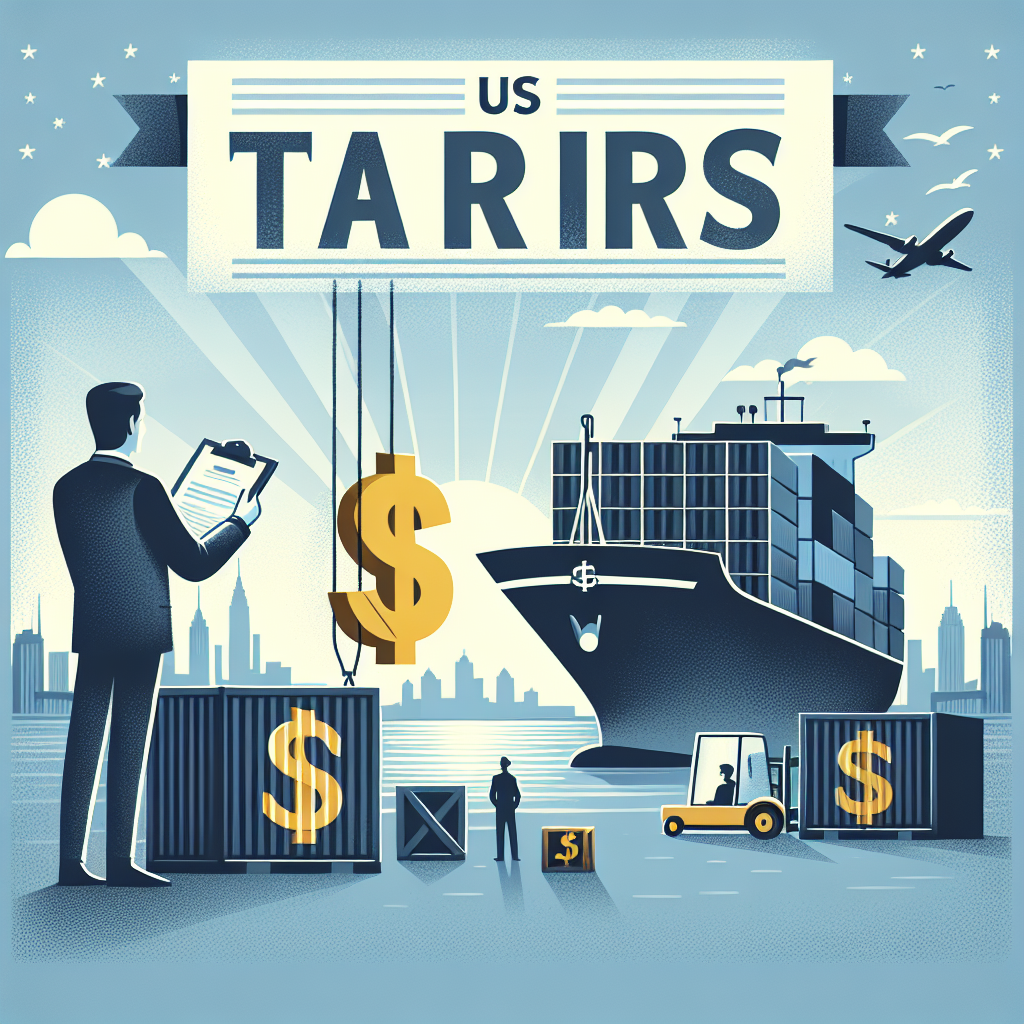Auto Tariffs Spark Global Currency Shifts
The euro rose from a three-week low following U.S. President Donald Trump's impending 25% tariffs on imported cars, affecting global trade. The currency market response was subdued, with investor focus on reciprocal tariffs. Concerns about U.S. growth and inflation rise amid these trade tensions.

The euro made a recovery from a three-week low as U.S. President Donald Trump prepares to implement a 25% tariff on imported cars and light trucks, escalating global trade tensions. While the currency market showed muted reaction, the focus shifted to automakers' stock prices.
Traders remain uncertain about the tariff's impact, unsure if the news is more detrimental to the dollar or U.S. trading partners. Major currency pairs like the yen, Mexican peso, and Canadian dollar displayed varying degrees of weakness against the U.S. dollar, which itself fluctuated against various rivals.
As investors brace for reciprocal tariffs in the coming week, there is rising concern about the potential ramifications on U.S. economic growth and inflation. European officials anticipate a 20% tariff from Trump, while experts suggest cautious optimism may lead to a euro/dollar downside if the tariffs persist.
(With inputs from agencies.)
ALSO READ
Urgent Action Needed as Child TB Infections Surge in Europe: WHO
TXT's European Tour & Notable Entertainment Headlines
Europe Boosts Preparedness with New Strategy
European Shares Dip: Healthcare Drags Markets Amid Tariff Tensions
Global Markets on Edge: European Stocks Dip Amid Trade Tariff Concerns










